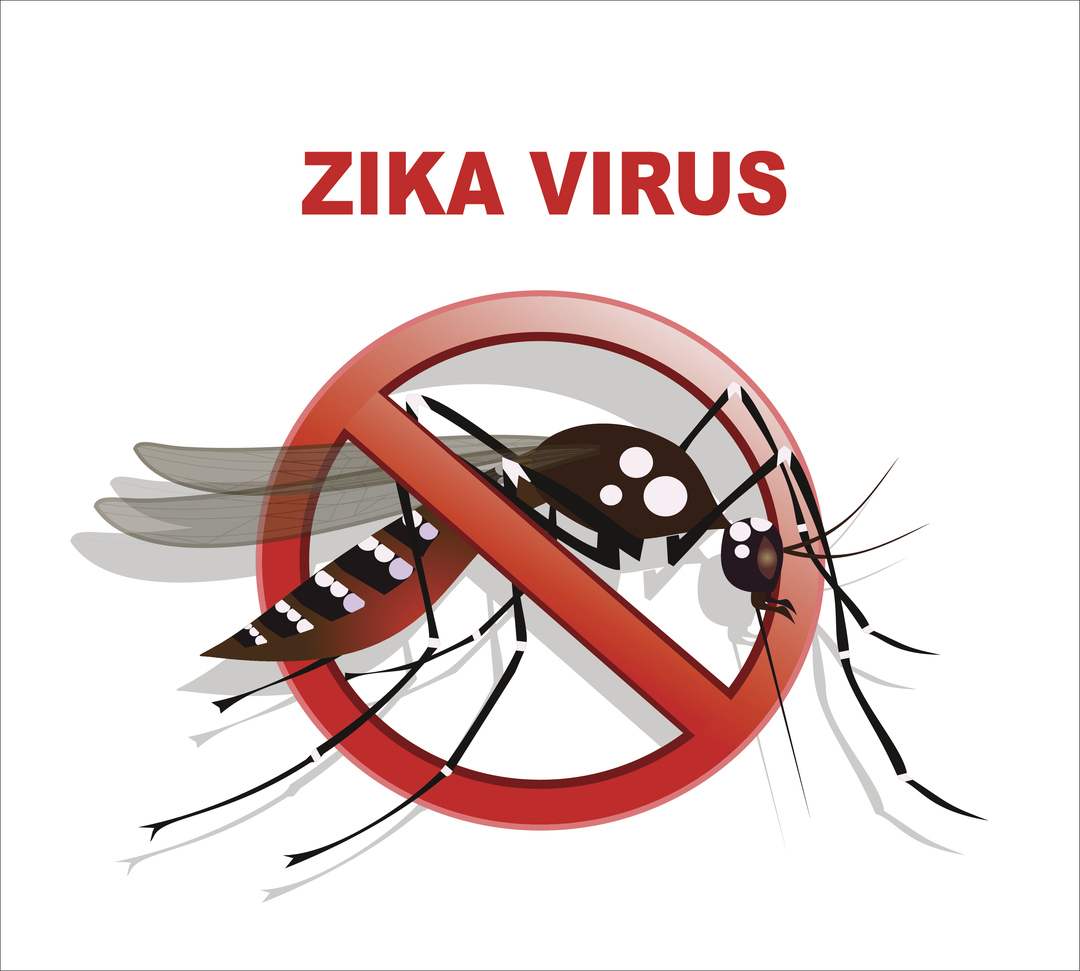Hanging out in the backyard in the summertime was hard enough when mosquitoes crashed the party. With the new species of mosquito that carries the Zika virus, these pests have risen to the level of a deadly threat.
The Aedes aegypti mosquito is one of thousands of species of this pesky insect, but this particular one is responsible for the spread of:
- Zika
- dengue fever
- yellow fever
- and chikungunya
These four diseases sicken hundreds of millions people every year.
Eliminating Zika – Google to the Rescue
Google’s life science subsidiary, Verily, is testing a possible solution that would wipe out these particular mosquitoes. They’re raising and infecting male mosquitoes with the wolbachia bacteria that, when transmitted to a female, prevents eggs from hatching.
For once, “debugging” has little to do with computers. However, the scientists in Verily’s “Debug Project” use a computer vision algorithm to determine each mosquito’s gender. They will only release the infected males so those bugs can, in turn, destroy the future of their own species. In one weekend, scientists reviewed 30,000 photos of mosquitoes, determining their gender—a process they call “sex-sorting.”
While it sounds diabolical, the combination of technology and genetic engineering will save lives—humans, not insects.
And since this Aedes aegypti is a new species (first identified in 2013), its disappearance will have no impact on the ecosystem.
Zapping the bugs in Florida and Fresno
The Florida Keys Mosquito Control District is running a trial of the lab-grown mosquitoes. They are releasing 25,000 wolbachia-infected male mosquitoes three times a week in a 10-acre area over the course of 16 weeks. It’s a small area, but if they get the results they expect, they could reduce the population by 90%.
The city of Fresno, California, is undergoing a similar experiment. Verily is releasing about one million infected mosquitoes each week for 20 weeks, across two, 300-acre areas.
A similar test was done in southern China last summer. After a year, 99% of the Aedes aegypti population was eliminated.
More bugs, less bite
Won’t the addition of all these additional mosquitoes lead to swarms of people being bitten? And is the wolbachia bacteria a risk to humans? According to scientists, the male mosquito doesn’t bite, so while they might buzz around and annoy you, these bugs won’t cause any real problems, except to their mates and unrealized offspring. And wolbachia has no effect on people.
Before long, the Zika-carrying mosquito shouldn’t be bugging you any longer.
